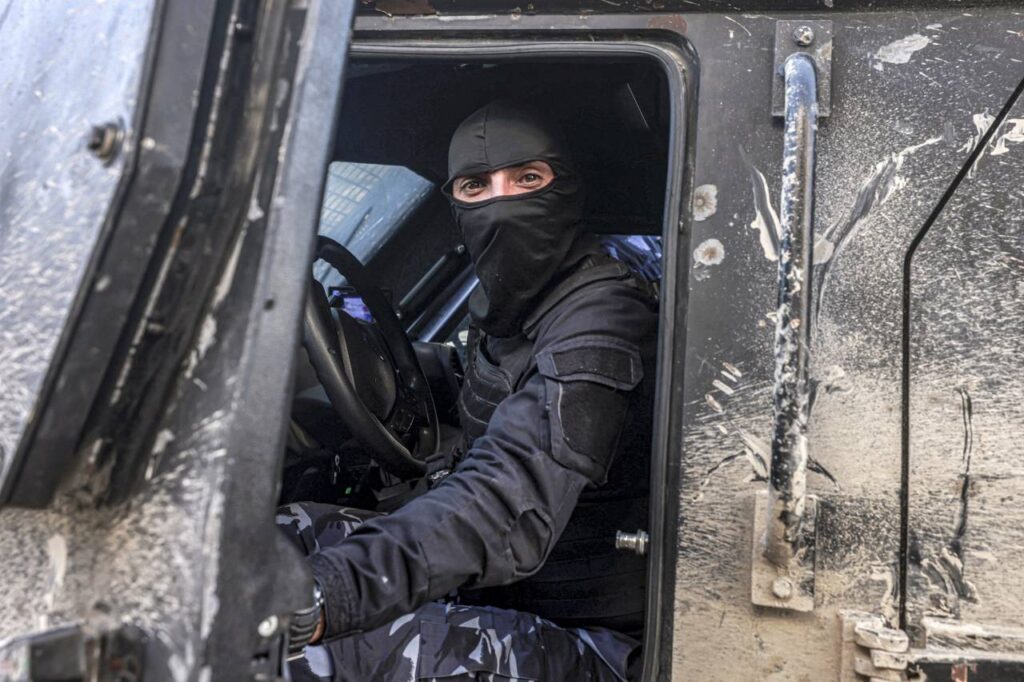
A recent report has unveiled how the Palestinian Authority (PA) Security Forces glorify officers involved in attacks against Israeli civilians. This discovery raises significant questions regarding the use of funds from the United States, which amounts to approximately $500 million annually in aid to the PA. The implications of this funding, especially in light of the findings, could influence U.S. foreign policy in the region.
The investigation, conducted by the Institute for National Security Studies (INSS), outlines how the PA publicly honors those who engage in violence against Israelis. Officers who have killed or injured Israeli civilians are celebrated in ceremonies, receiving accolades that highlight their actions as heroic. The report indicates that this practice is not just a rare occurrence but part of a broader culture within the PA Security Forces that encourages and rewards violence.
Funding and Its Implications
Concerns about the ethical implications of U.S. financial support to the PA have been raised, particularly in the context of this report. The funding is intended to promote stability and peace-building efforts in the region. However, the actions of the PA Security Forces appear to contradict these objectives. The findings suggest that U.S. taxpayer dollars may inadvertently support a system that glorifies violence rather than fostering a peaceful resolution to the Israeli-Palestinian conflict.
According to the INSS report, the PA’s actions could undermine efforts to establish a viable peace process, as they may perpetuate cycles of violence. The study highlights specific instances where Palestinian officers were honored for their roles in attacks, which raises ethical questions about the appropriateness of continued financial assistance from the U.S. Congress.
The report calls for a reassessment of U.S. aid policies to the PA. Advocates for re-evaluation argue that without stringent oversight, funds may be used to support a narrative that endorses violence rather than promoting dialogue and coexistence.
International Reactions
Reactions to the report have varied widely. Some U.S. lawmakers are expressing heightened scrutiny regarding the PA’s activities and the effectiveness of current aid strategies. They argue that without accountability measures and a clear commitment to peace, continued funding could be seen as tacit approval of the PA’s actions.
In contrast, supporters of the PA contend that the security forces are essential for maintaining a level of stability in the West Bank, where tensions with Israel remain high. They argue that cutting funding could destabilize the region further, making a peaceful resolution even more elusive.
As the situation continues to develop, the implications of the report will likely resonate within U.S. policy discussions regarding the Middle East. The PA’s approach to security and its relationship with violence will remain central to debates about the effectiveness and morality of American financial support in the region.
This report serves as a critical reminder of the complexities surrounding international aid and its unintended consequences, especially in a conflict as deeply rooted as the Israeli-Palestinian issue.






